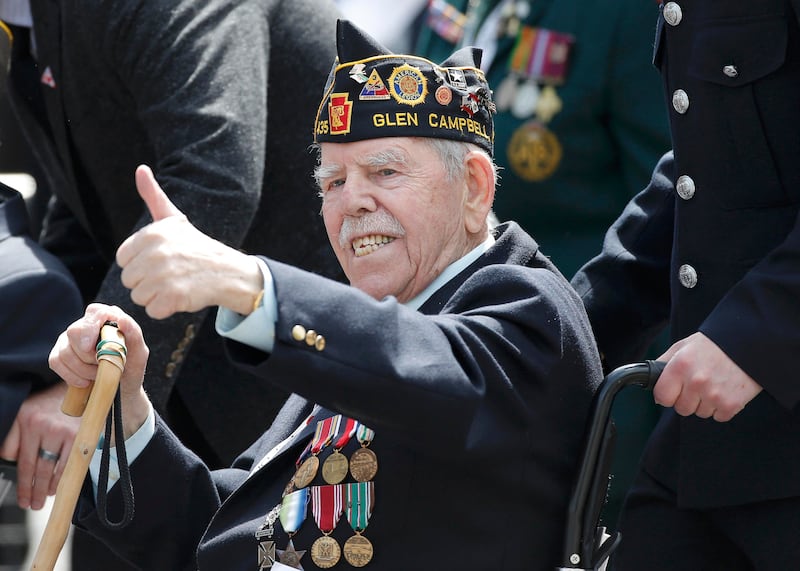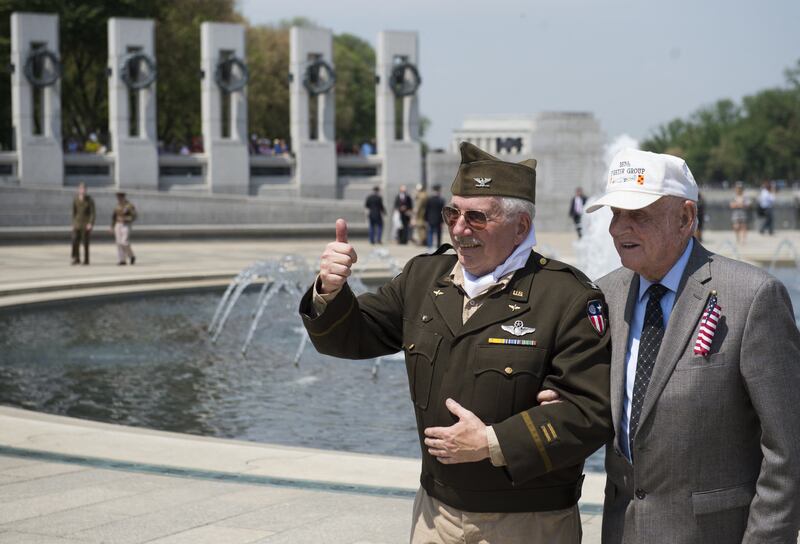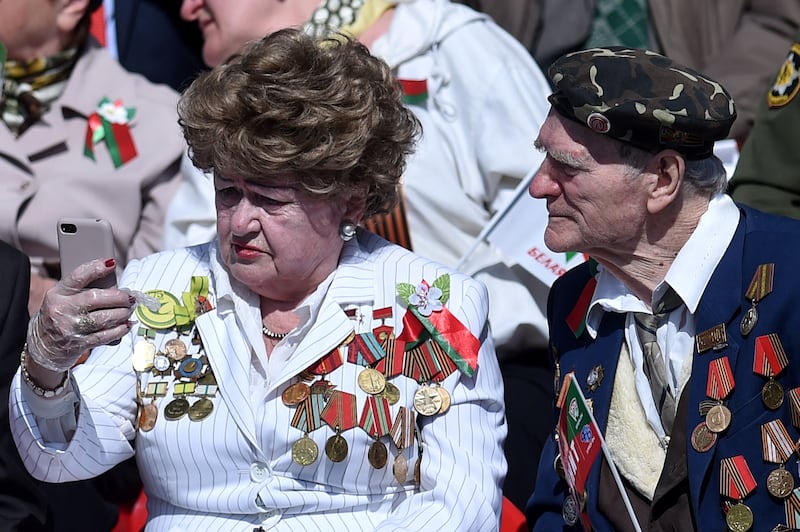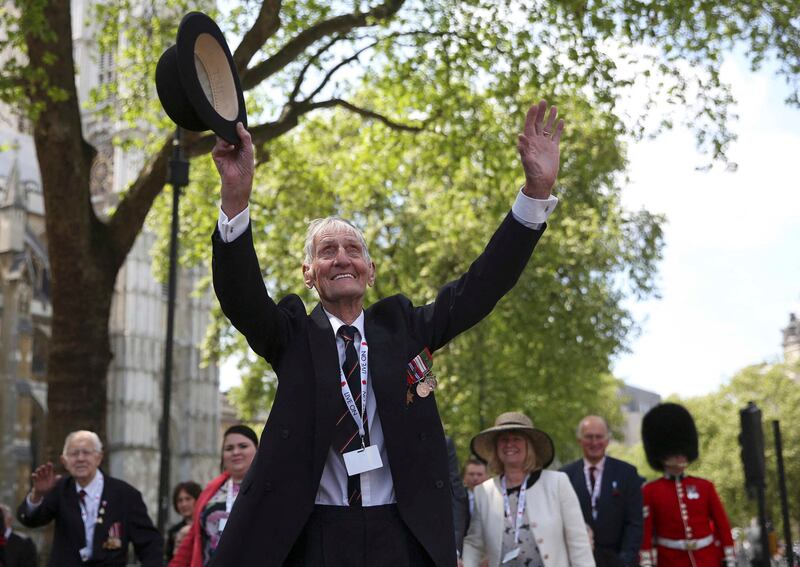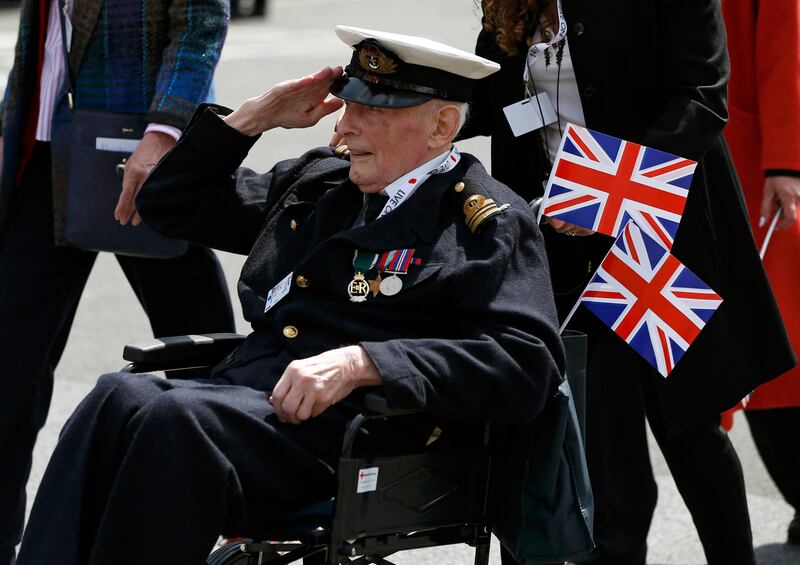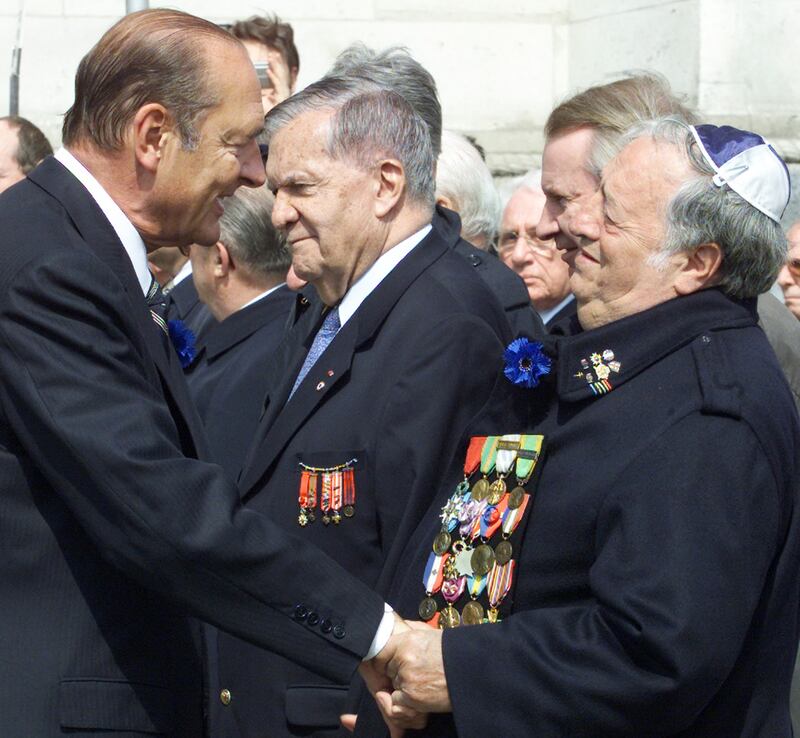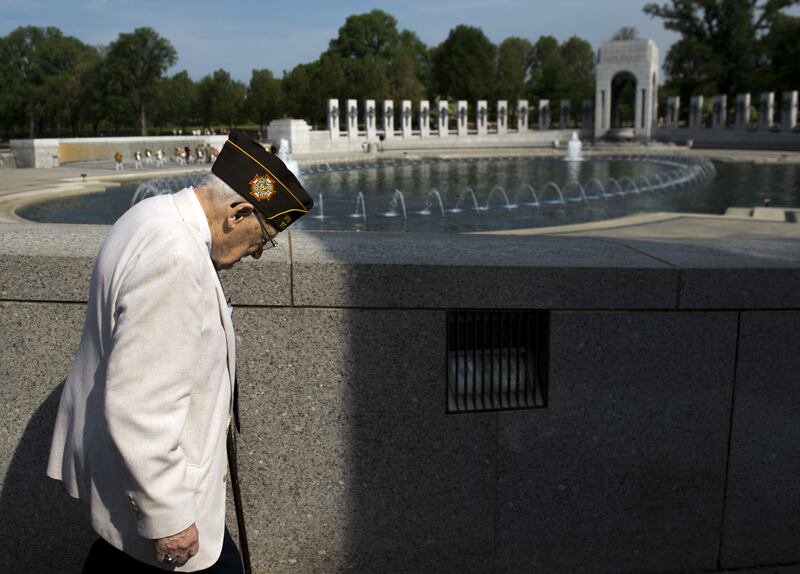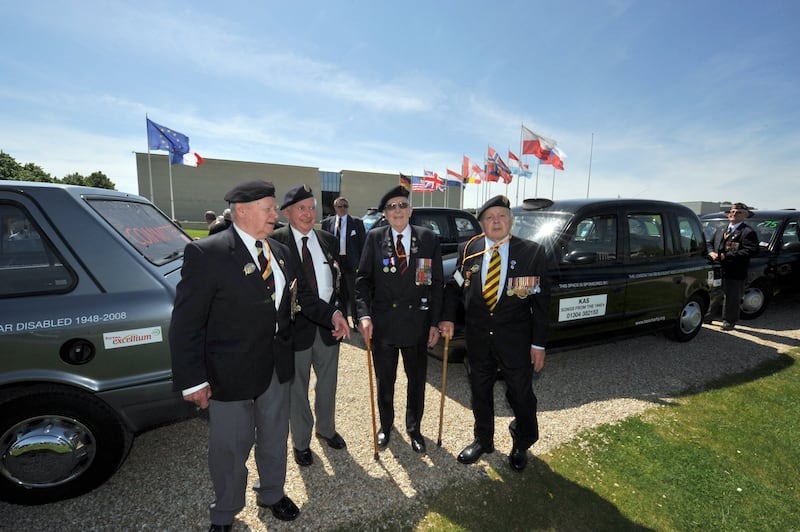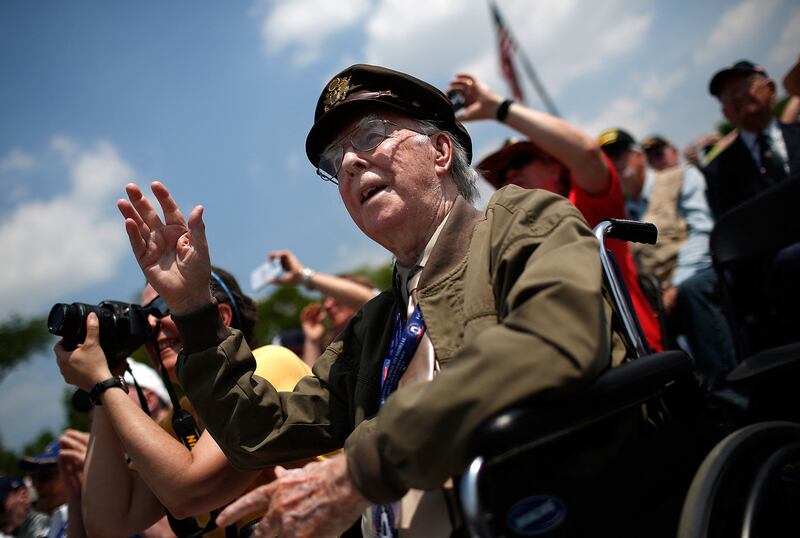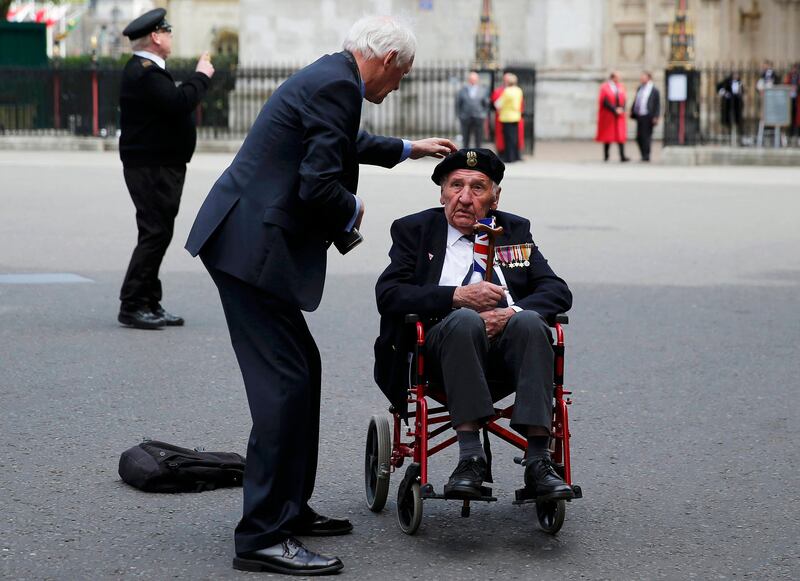Captain Vyvyan Howard never stopped fighting. Shot down over Norway in July 1941, he continued the war in a prison camp.
At the notorious Stalag Luft III prison-of-war camp he was an active participant in the celebrated “Great Escape”, distracting guards with his fluent German.
Later he was part of a forced march as the Germans drove inmates west in appalling winter weather, but was finally liberated by British forces at the Baltic port of Lubeck.
This week came news that Capt Howard had lost his final battle, with his death at the age of 102.
Gradually the veterans of the Second World War are passing away. Not a day goes by without their number dwindling.
This month alone has come news of Kenneth Tout, a tank gunner at D-Day and 98 years old.
Stella “Jaye” Edwards delivered aircraft for the RAF and was 102. Muriel Engelman, 101, served in the US Army as a nurse on the front line and was awarded the Legion d’Honneur by France. Capt Dennis Wilson, who also took part in the Normandy landings and was a celebrated war poet, died on September 8 at 101.
“They shall not grow old as we that are left grow old,” wrote the poet Robert Binyon of the dead of the First World War. For those still left from the Second World War, growing old is now the inevitable and final battle.
Extreme longevity
Exactly how many still survive may never be known. About 70 million men and women were combatants in the war, from 1939 to 1945. Some were teenagers and will now be in their late 90s. Even those centenarians would have been barely in their mid 20s during the conflict. The total may be fewer than 400,000 worldwide.
The First World War is a guide to when the last veterans of the second will pass into history.
The last known combat veteran from that conflict was thought to be Claude Choules, who served in the British navy, and died in Australia aged 110 in May 2010.
Harry Parch was the last combat soldier to fight in the trenches and died in July 2009. He was buried with military honours.
Frank Buckles, who joined the US Army in 1917 and drove ambulances, was the last American soldier when he passed away in February 2011 at 110.
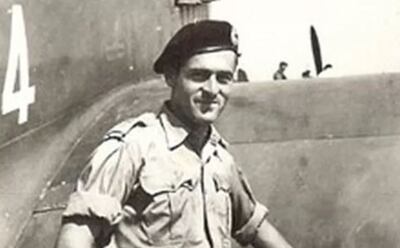
John Babcock, who served in the Canadian army but never fought, died in 2010 at the age of 109. Erich Kastner, the last documented German solder, passed away just short of his 108th birthday on January 1, 2008.
The growing number of so called “super-centenarians” means the age at which the last veteran falls has grown longer. The last British navy veteran of the Napoleonic war was 99 years old when he died in 1898, but had enlisted when he was only 13.
American Civil War veteran Albert Woolson was probably 104 when he died in 1957, but had joined up aged 14 and never saw combat.
The statistical analysis site Statista estimates it will be 2043 when the last American combatant from the Second World War dies. That seems an optimistic projection, given an 18-year-old in 1941 would be 120 by then ― the oldest age yet recorded for a human being is 122. Even those who joined at the end of the war, in August 1945, would be 116.
Last of The Few
Two years ago, the US Department of Veterans estimated that 320,000 veterans from the war were still alive, but dying at the rate of 245 a day. By that calculation there are just 141,000 today and the vast majority will have passed on by 2025. Only the exceptionally long lived will remain.
The last of “The Few” who fought in the Battle of Britain, is the Irish-born John Hemingway, who flew a Hurricane and now lives in a Dublin nursing home aged 103.
Johnny Johnson, the last survivor of the RAF’s famous Dambuster Raid, turns 101 in November. Phyliss Latour, a special operations executive agent who worked with the French Resistance, is 101 and lives in South Africa.
John Cruickshank, 102, who was an RAF pilot, is the last surviving holder of the Victoria Cross, Britain’s highest award for gallantry.
Dean Caswell is the last US Marine Corps flying ace, credited with eight kills. He now lives quietly in Austin, Texas, aged 100.
Aron Bielski, a Pole who fought as a partisan and rescued his fellow Jews from the Nazis, is 95 and was just 16 at the time.
Young Russian conscripts still live
Of the women who served as combat pilots for the Soviet Union, only Galina Pavlovna is still alive, aged 97. Russia has about 103,000 surviving Second World War veterans, compared with 405,000 in 2007. An estimated 11 million Soviet combatants died in the war.
Those who served under the Nazis are often less celebrated in a Germany trying to put the past behind it.
But those still living include Frederich Grade, now 106, who served on a U-boat submarine and Hugo Broch, a German fighter ace with 81 victories, and who this year celebrated his 100th birthday.
There appear to be no official records of any Japanese combatants still living, although there were survivors interviewed for the 70th anniversary of the war in 2015. Kaname Harada was the last pilot to take part in the Battle of Pearl Harbour when he passed away aged 99 in 2016.
Other, grimmer, memories of the living will also soon be lost. About 161,000 Holocaust survivors are estimated to live in Israel, many of whom were imprisoned as children, but they are dying at a rate of 40 a day,
Few survived the Auschwitz concentration camp, and fewer still are living. They include Angela Orosz-Richt, aged 77. Her comparative youth is because she is one of only two surviving babies born in the death camp.
